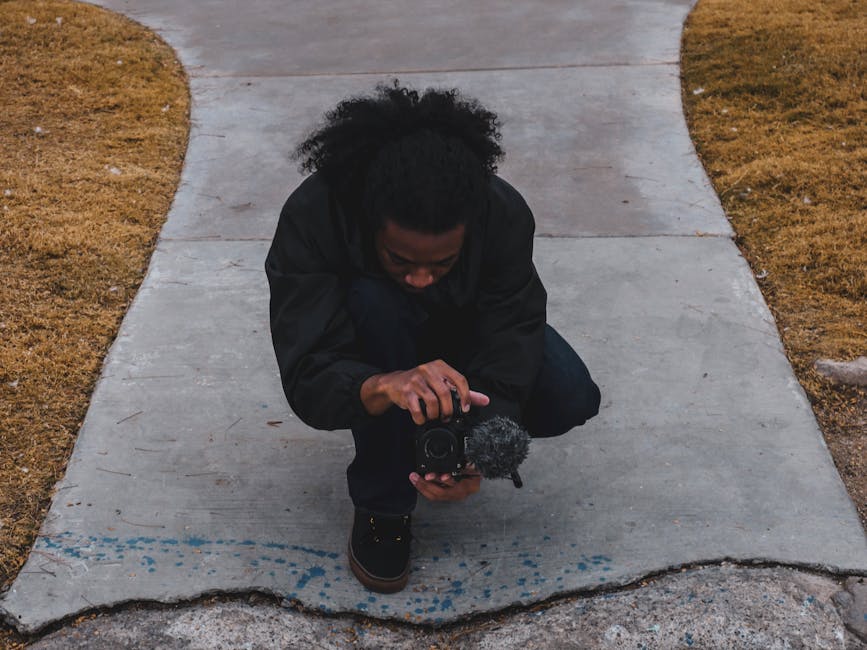Motion Picture Association Slams OpenAI Over Sora 2 Video Copyright Opt-Outs
In a scathing critique that has sent ripples across the tech and entertainment industries, the Motion Picture Association (MPA) has taken aim at OpenAI over its controversial Sora 2 video generation tool. The MPA, representing major Hollywood studios and content creators, has accused OpenAI of enabling widespread copyright infringement by allowing users to opt out of copyright protections in its latest AI model.
Sora 2, OpenAI’s advanced video generation platform, has been hailed as a groundbreaking innovation, capable of creating hyper-realistic videos from simple text prompts. However, its optional copyright safeguards have sparked outrage among content creators and rights holders. The MPA argues that this feature undermines intellectual property rights and threatens the livelihoods of artists, filmmakers, and producers.
The Copyright Controversy
At the heart of the dispute is Sora 2’s opt-out mechanism, which allows users to bypass built-in copyright restrictions. While OpenAI has implemented measures to prevent the generation of copyrighted content by default, users can disable these protections with a single click. Critics argue that this feature makes it alarmingly easy to create unauthorized replicas of copyrighted material, from movie scenes to music videos.
In a strongly worded statement, the MPA condemned the move, calling it “a blatant disregard for the creative community and the legal frameworks that protect intellectual property.” The association warned that such practices could lead to a surge in pirated content, eroding the value of original works and discouraging future innovation in the entertainment industry.
OpenAI’s Defense
OpenAI has defended its decision, stating that the opt-out feature was designed to provide flexibility for users engaged in legitimate, transformative works. The company emphasized that Sora 2 includes robust safeguards to prevent misuse and that it actively monitors and removes infringing content.
“We are committed to balancing innovation with responsibility,” said an OpenAI spokesperson. “The opt-out feature is intended for creators who are exploring new forms of storytelling and artistic expression. We take copyright infringement seriously and are continuously improving our systems to address these concerns.”
However, the MPA remains unconvinced, arguing that OpenAI’s safeguards are insufficient to prevent abuse. The association has called for stricter regulations and greater accountability for AI developers, urging policymakers to intervene before the technology causes irreparable harm to the creative economy.
Broader Implications for the Industry
The Sora 2 controversy highlights the growing tension between AI advancements and intellectual property rights. As AI tools become more sophisticated, the line between inspiration and infringement is increasingly blurred. Content creators fear that unchecked AI-generated content could flood the market, diluting the value of original works and making it harder for artists to earn a living.
The MPA’s criticism also underscores the need for a broader dialogue on the ethical use of AI in creative industries. While AI has the potential to revolutionize storytelling and content creation, it also poses significant challenges that must be addressed through collaboration between tech companies, creators, and policymakers.
What’s Next?
The fallout from the Sora 2 controversy is far from over. The MPA has hinted at the possibility of legal action if OpenAI fails to address its concerns, and industry stakeholders are rallying for stronger protections against AI-generated content. Meanwhile, OpenAI faces mounting pressure to revise its policies and demonstrate its commitment to ethical AI development.
As the debate unfolds, one thing is clear: the intersection of AI and copyright is a complex and evolving landscape. Striking the right balance between innovation and protection will be crucial to ensuring a fair and sustainable future for both the tech and entertainment industries.
For now, the spotlight remains on OpenAI and its response to the MPA’s criticisms. Will the company take meaningful steps to address the concerns of content creators, or will this controversy mark a turning point in the ongoing battle over AI and intellectual property? Only time will tell.




